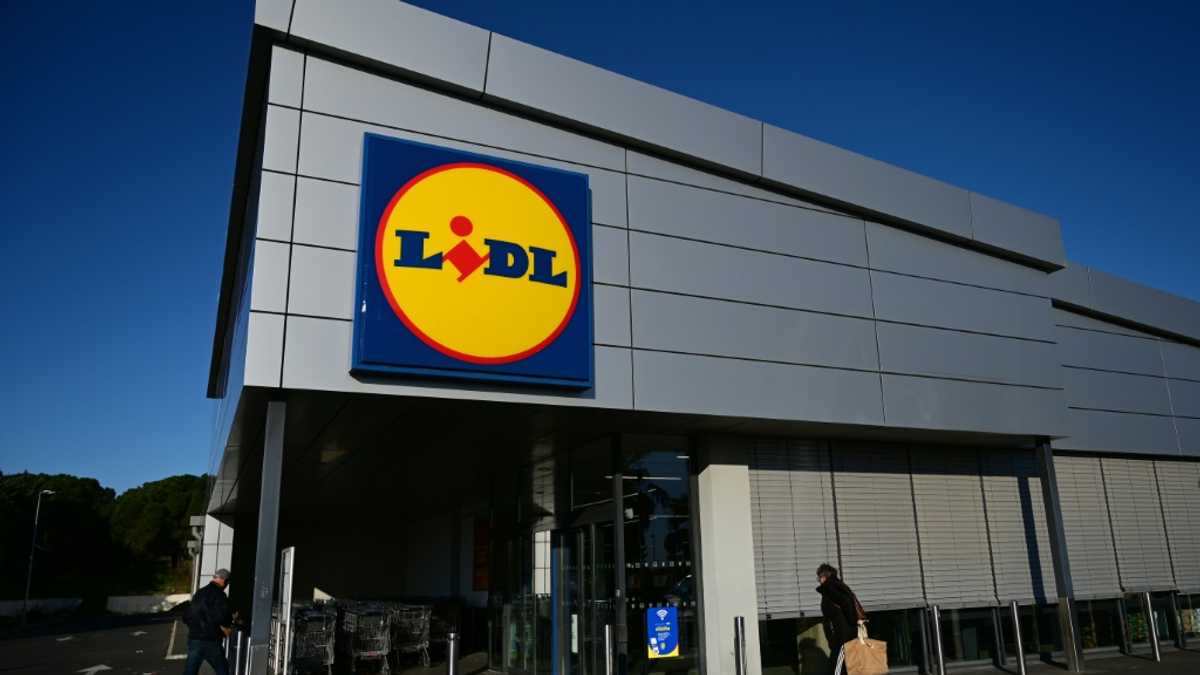Lidl Ordered to Pay 43-Million-Euro Fine for Deceptive Advertising
A French court has ruled that German supermarket chain Lidl must pay 43 million euros ($50 million) to its competitor, Intermarche, after finding that the company’s advertising practices were deceptive and constituted unfair competition. The decision came from the Paris appeals court, which reviewed a series of television advertisements that Lidl ran between 2017 and 2023.
The court found that hundreds of these ads were likely to mislead consumers by suggesting that products were available at specific prices across all Lidl locations. However, the court determined that Lidl did not ensure that the items promoted in the ads were actually available at those prices in every store for a period of 15 weeks.
This ruling overturns an earlier decision from 2022, where Intermarche had lost the original trial. In its July 4 ruling, the appeals court emphasized that Lidl’s approach created a misleading impression for customers. The court noted that while the ads prominently displayed product names and prices, they used small print or brief off-screen voiceovers directing viewers to Lidl’s website to check which stores had the items on sale.
The court concluded that these details were “likely to go unnoticed by the consumer or at the very least be misunderstood.” This lack of clarity was deemed sufficient to mislead shoppers, especially when it came to the availability of products at specific prices.
Furthermore, the court stated that Lidl’s actions went beyond mere deception and crossed into the realm of unfair competition. By knowingly failing to ensure that advertised products were available in all stores for the promised duration, Lidl created an uneven playing field for its competitors, particularly Intermarche.
The case centered around more than 370 advertisements contested by Intermarche. These ads featured products and their prices but failed to clearly communicate where and when the offers were valid. The court’s decision highlights the importance of transparency in advertising and the legal consequences of misleading consumers.
Intermarche, the French supermarket chain, has not provided any official comments on the ruling, as reported by AFP. However, the court’s decision sets a significant precedent for how businesses are expected to conduct their marketing campaigns, especially when competing in the same market.
This case underscores the growing scrutiny of advertising practices in the retail sector, particularly for large chains operating across multiple regions. Companies must now ensure that their promotions are not only accurate but also clearly communicated to avoid legal repercussions and maintain consumer trust.
The ruling is expected to have broader implications for other retailers and advertisers who may face similar challenges in the future. It reinforces the need for clear, consistent, and transparent communication with consumers, especially when it comes to pricing and product availability.






